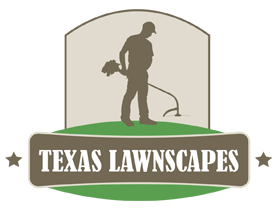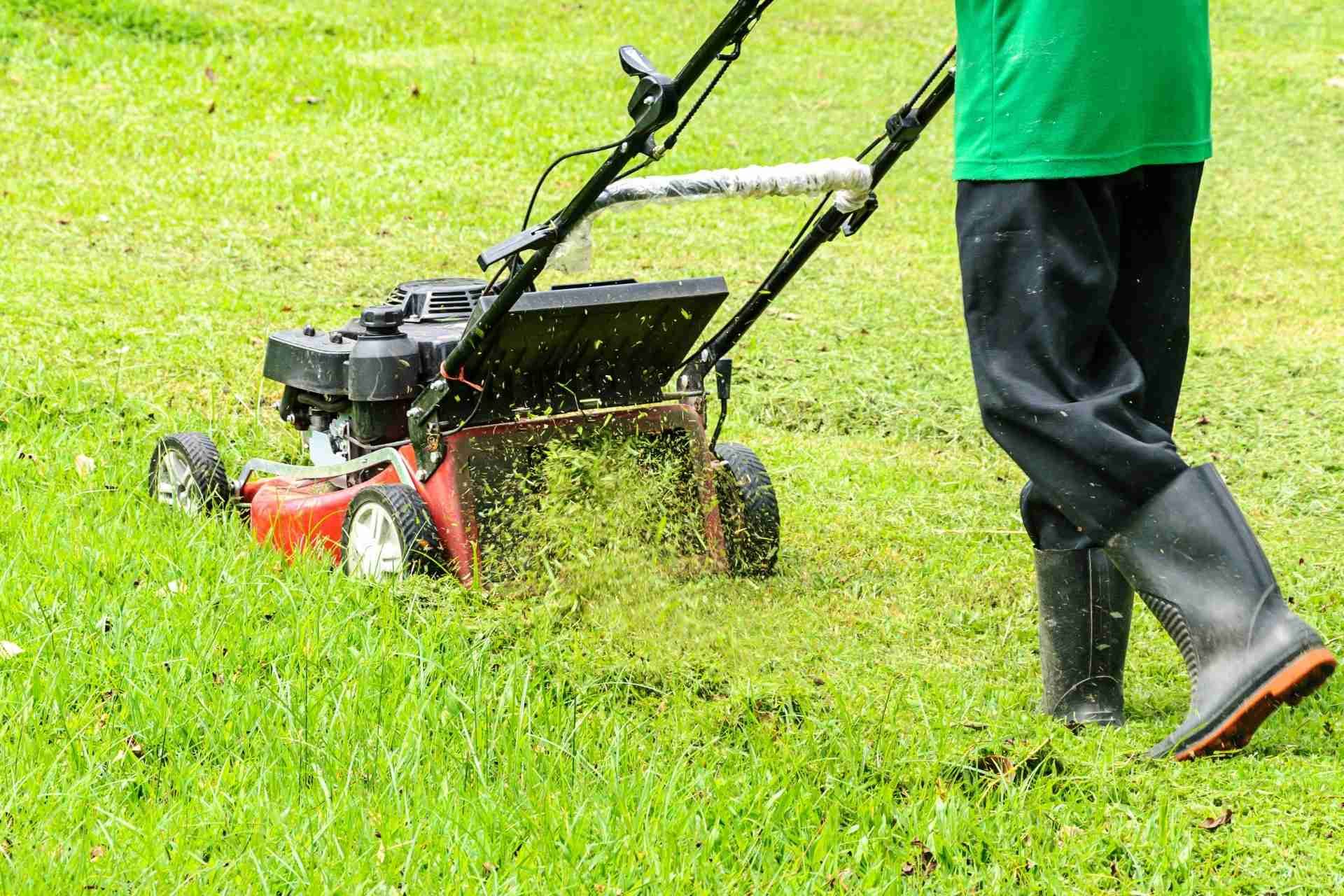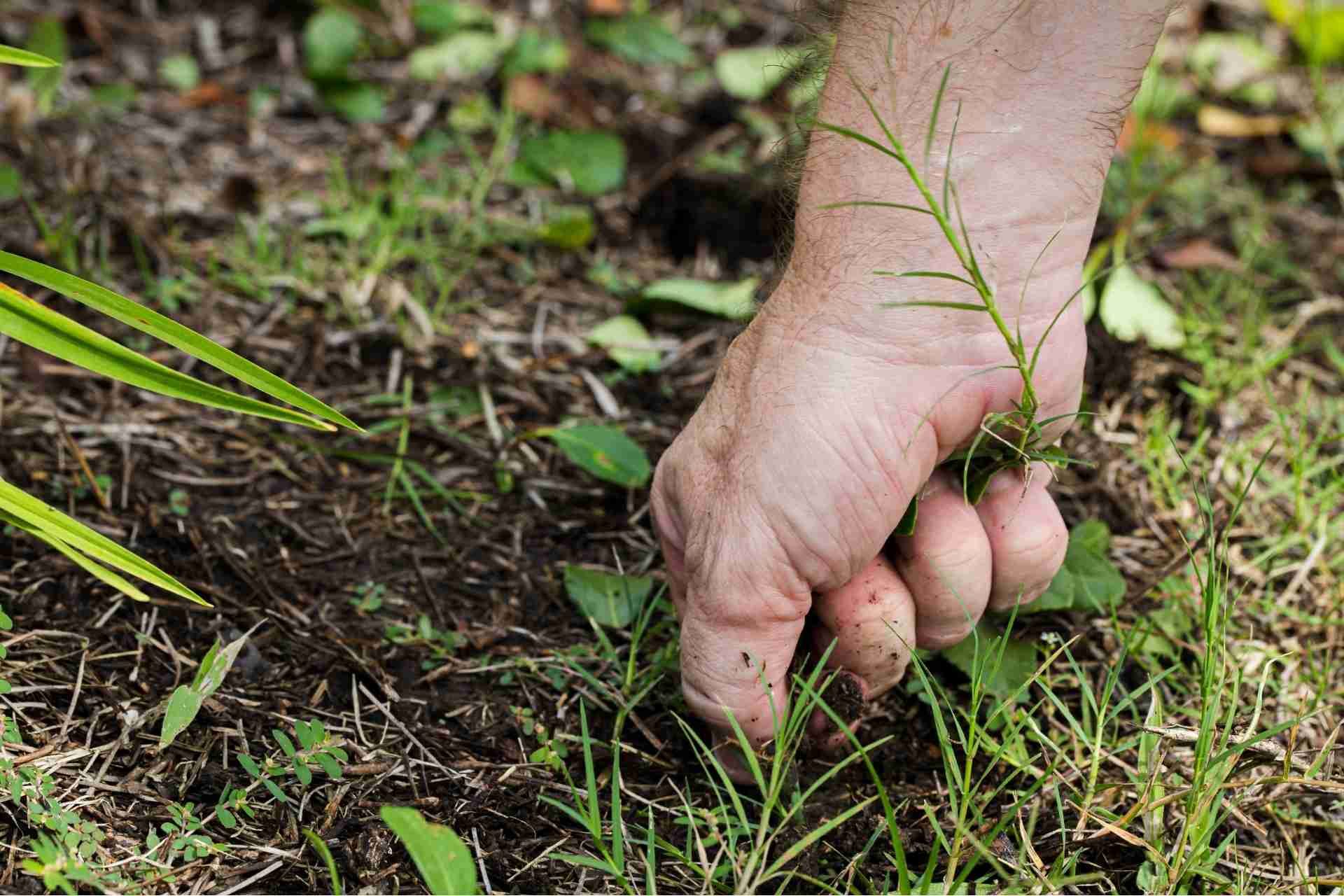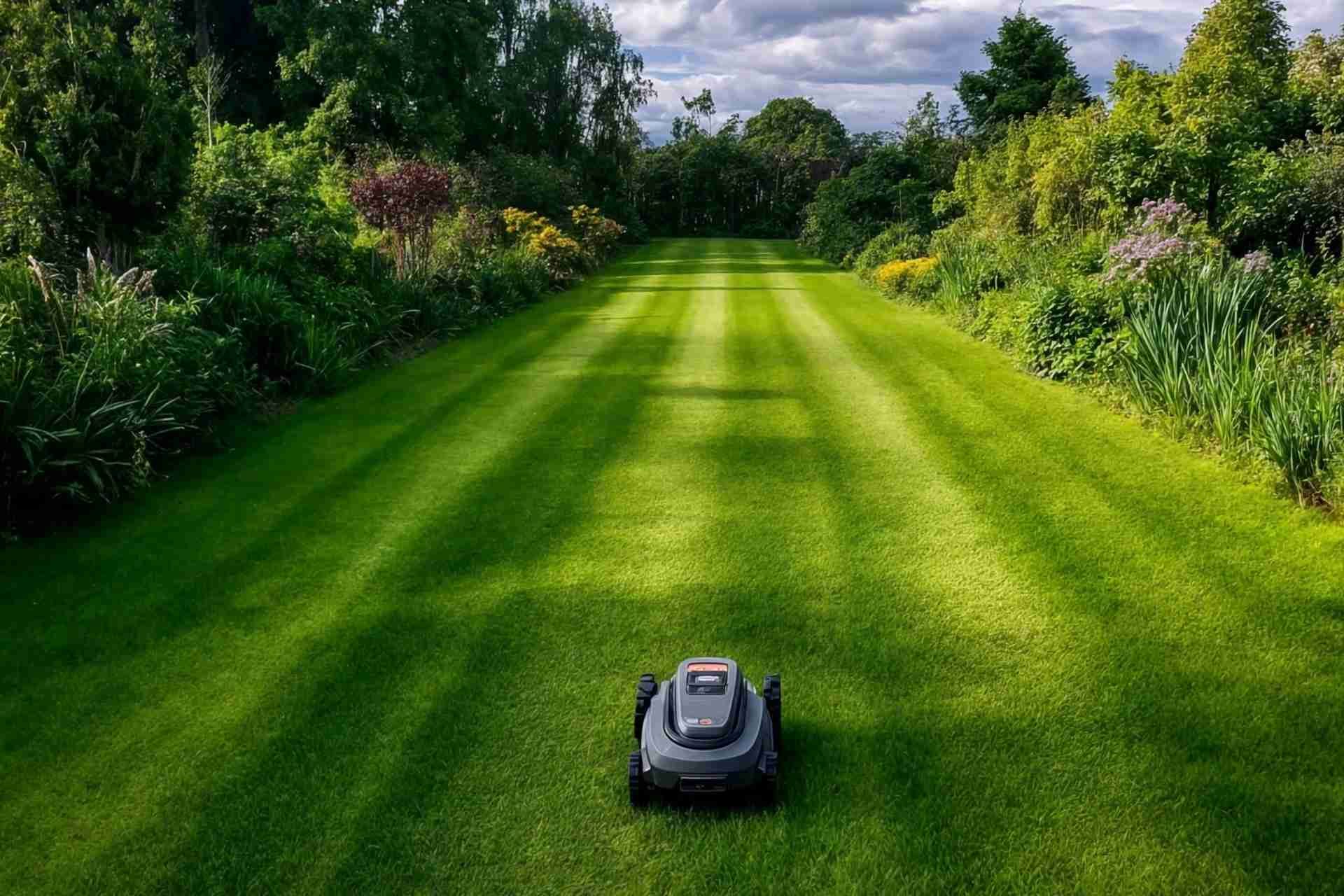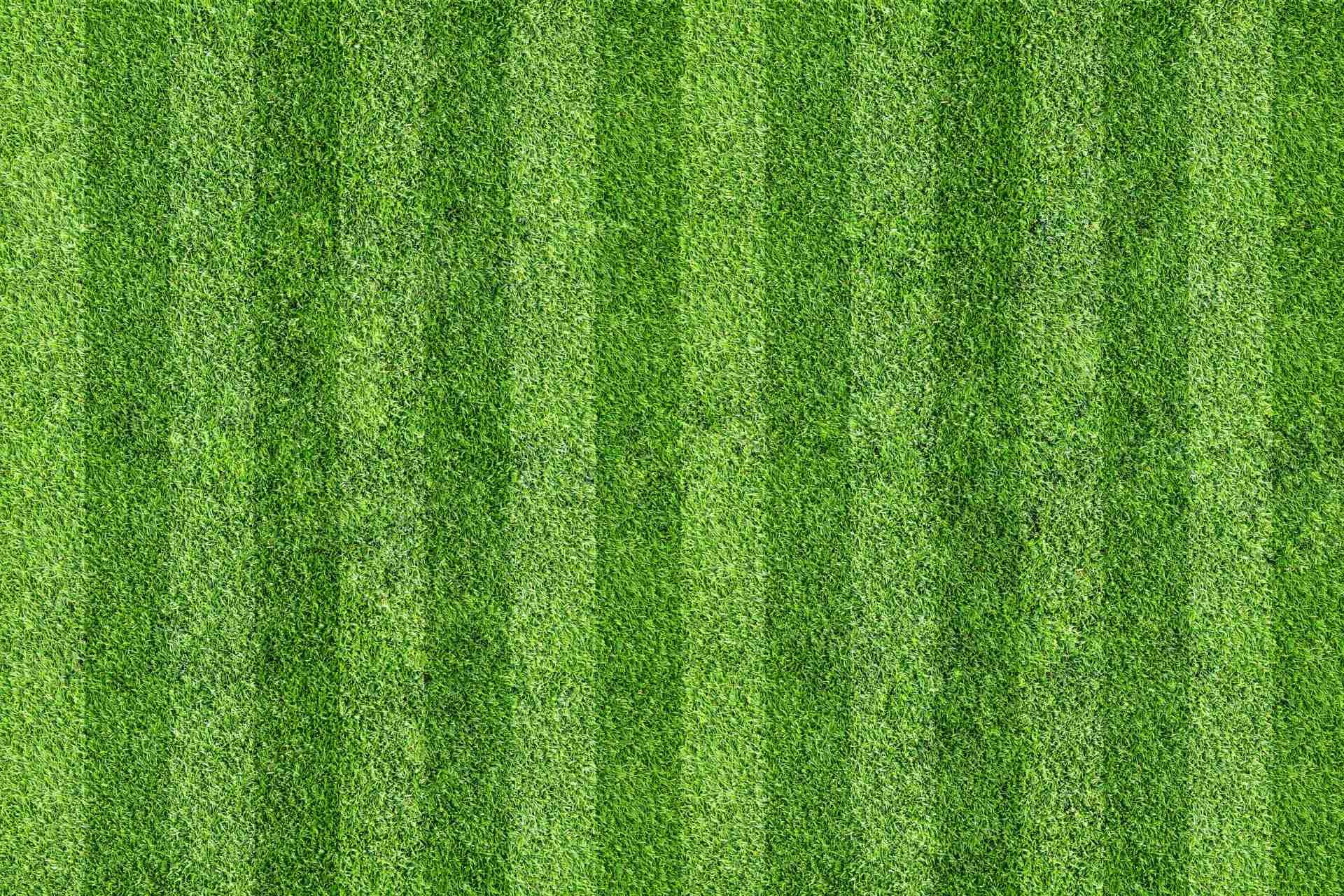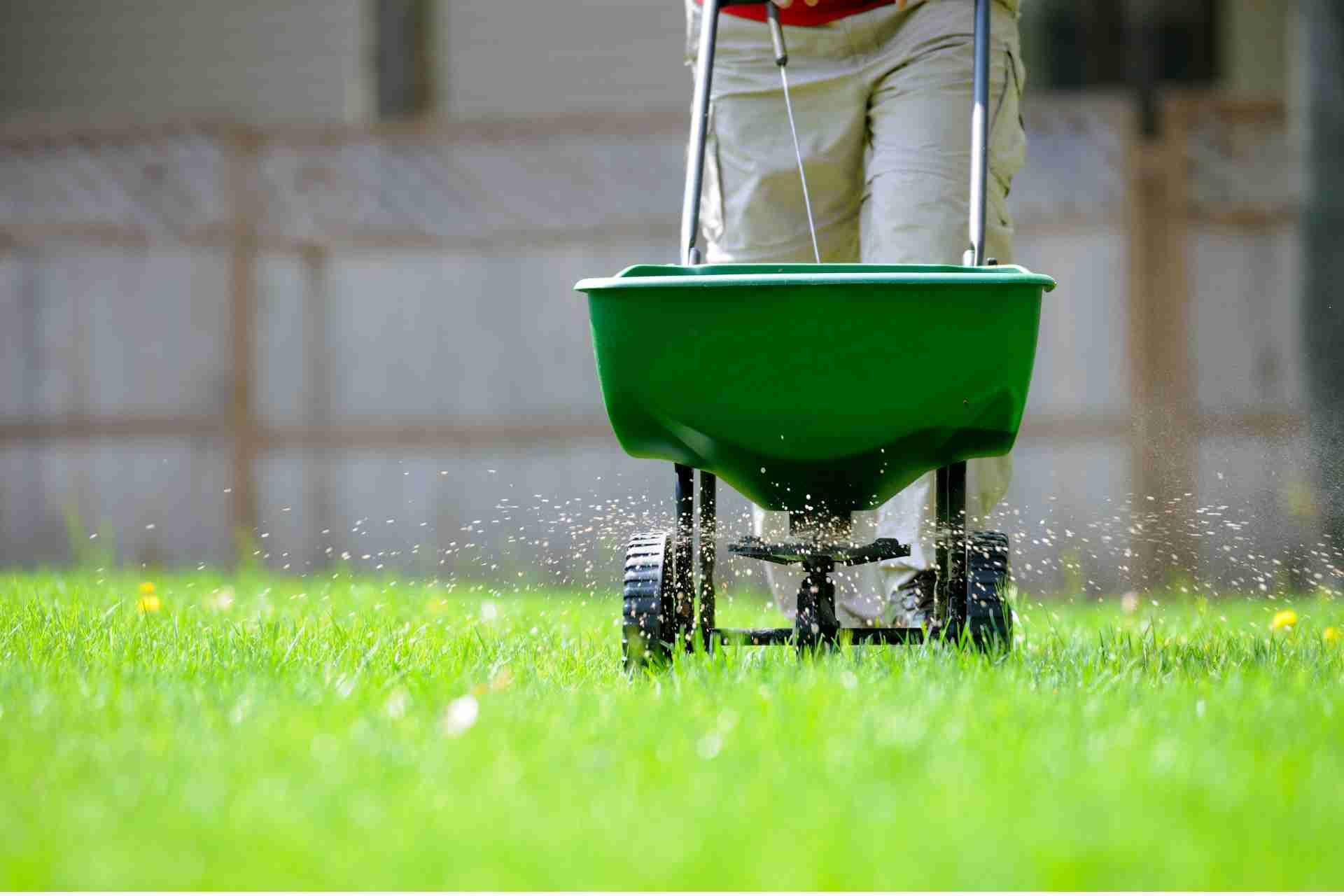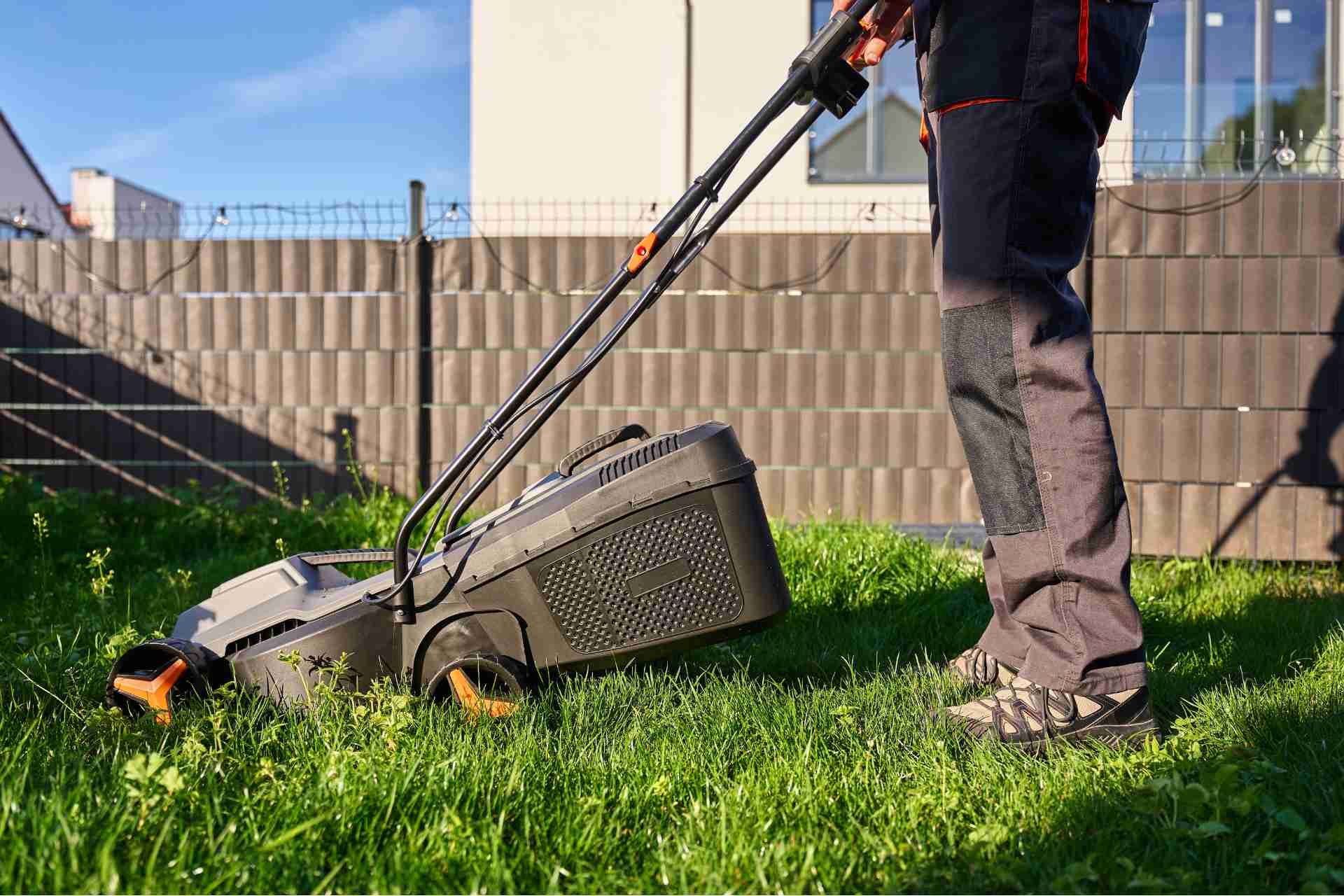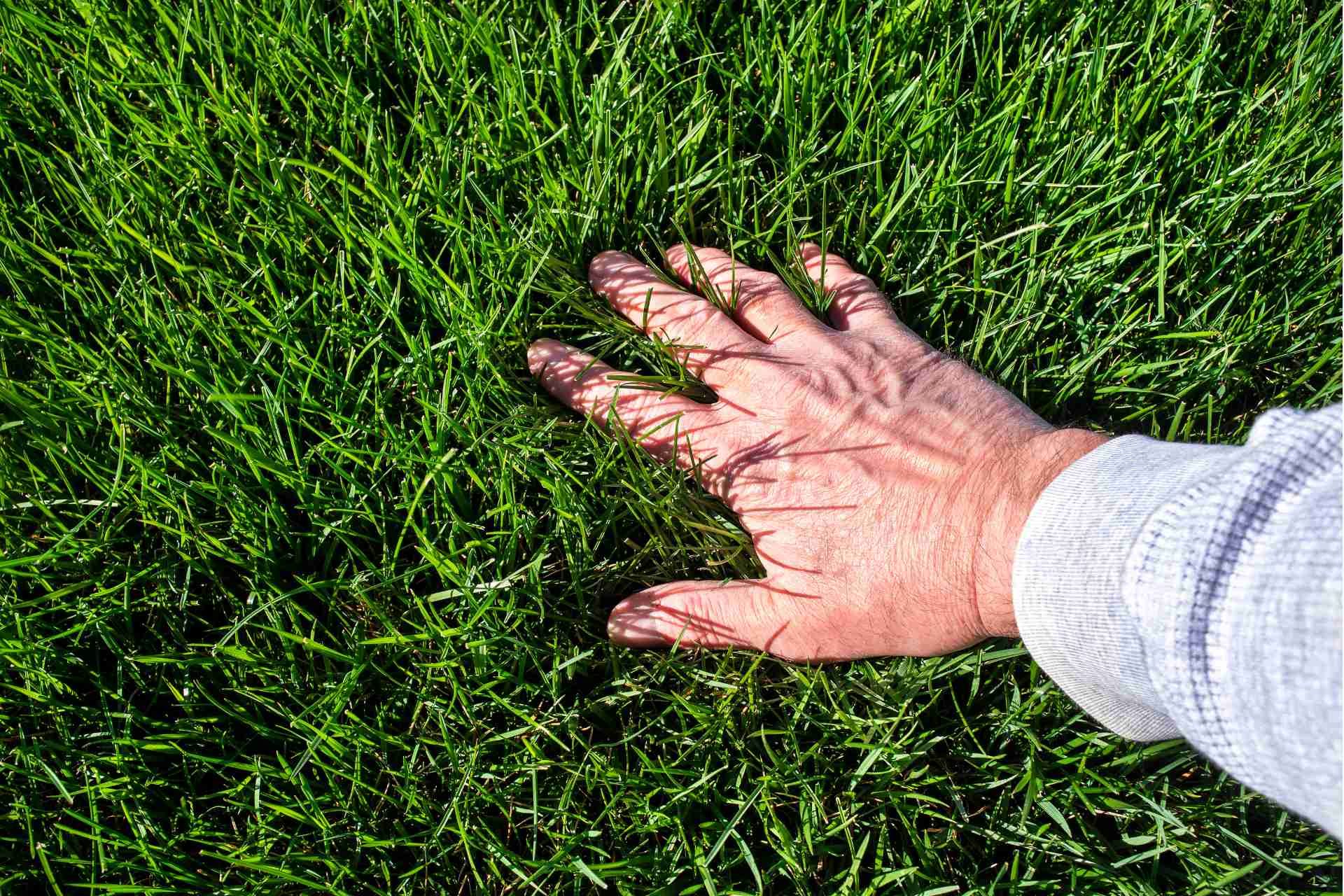Essential Lawn Care Tasks for Texas Homeowners: A Seasonal Guide
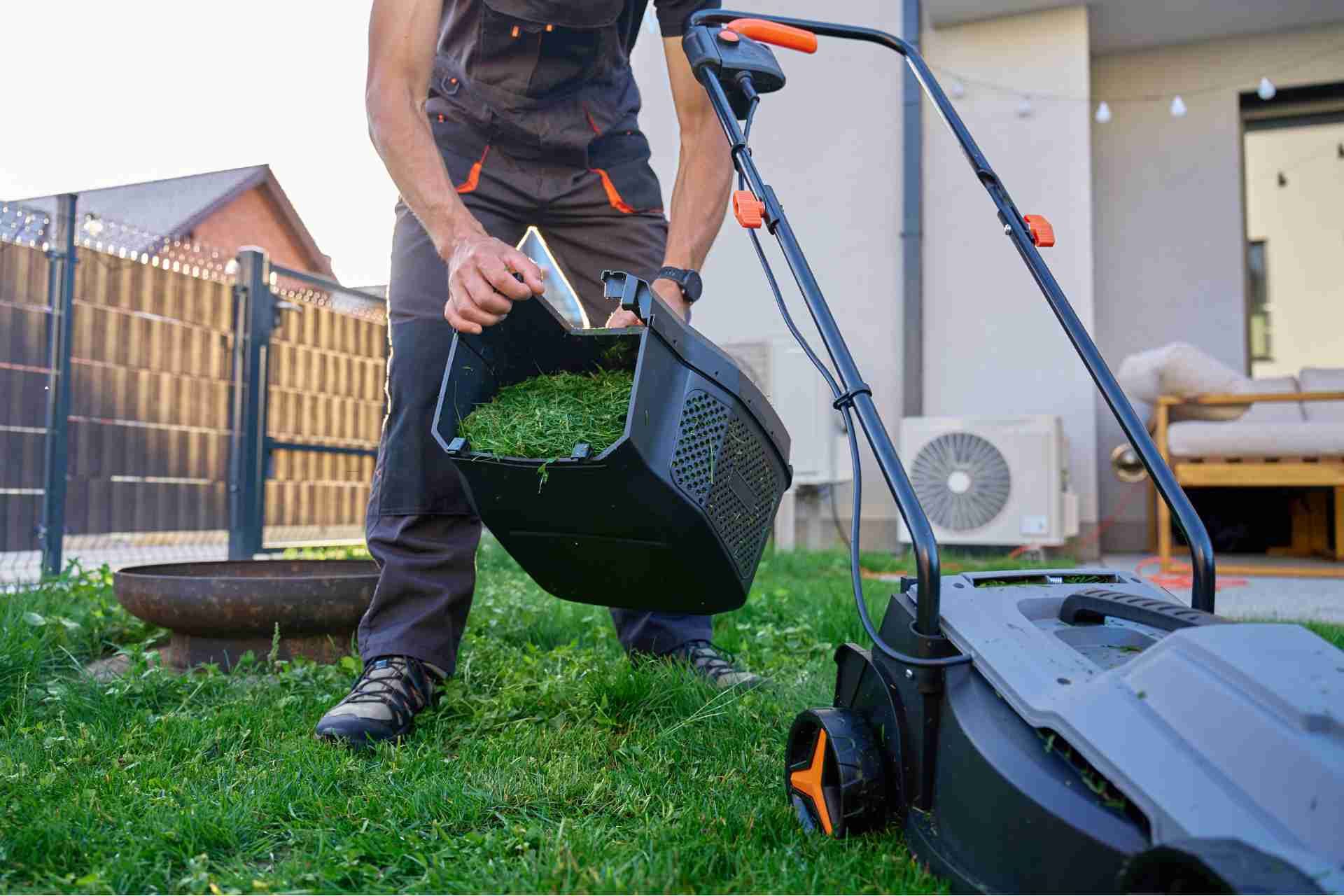
Maintaining a healthy lawn in Texas requires attention throughout the year. Each season brings unique tasks that can enhance your yard's appearance and health. From spring clean-ups to fall fertilization, knowing what to do and when can make a significant difference. Let's explore the essential lawn care tasks that can keep your outdoor space thriving, starting with the spring essentials that set the tone for the year ahead.
Spring Lawn Care Essentials
As spring rolls in, it's crucial to get your lawn ready for the warmer months ahead. Start by cleaning up debris—removing leaves, branches, and any leftover winter clutter.
Next, assess your lawn's health; look for bare patches and weeds. Aerating the soil is essential to promote root growth, so consider using a core aerator if your lawn is compacted.
After aeration, apply a balanced fertilizer to give your grass the nutrients it needs to thrive. Don't forget to overseed any thin areas to ensure a lush, green lawn.
Finally, set your mower to the right height; cutting grass too short can stress it. With these steps, you'll lay the groundwork for a vibrant, healthy lawn this season.
Summer Maintenance Strategies
After setting your lawn up for success in spring, summer maintenance becomes vital to keep it healthy and thriving.
Begin by mowing regularly, ensuring your mower blades are sharp. This prevents tearing the grass, which can lead to disease.
Water deeply and infrequently, aiming for about one inch per week, preferably in the early morning to reduce evaporation.
Be sure to check for pests or diseases, as summer heat can stress your grass. If you notice any issues, address them promptly.
Fertilizing in mid-summer with a slow-release product can also help maintain vigor.
Lastly, keep an eye on the edges of your lawn, trimming them neatly to enhance your yard's appearance.
With proper care, your lawn will flourish even in the heat.
Fall Preparation Tips
To ensure your lawn remains healthy through the colder months, start preparing in the fall by focusing on essential tasks.
Begin by aerating your lawn to improve air and nutrient circulation. This process helps relieve soil compaction, promoting root growth.
Next, apply a high-quality fertilizer specifically designed for fall use; this nourishes your grass and strengthens it for winter.
Don't forget to overseed any sparse areas, which encourages a fuller lawn come spring.
Regularly rake up fallen leaves to prevent mold and pests from taking hold.
Lastly, adjust your mowing height—keeping your grass slightly taller protects the roots from frost damage.
Winter Lawn Care Practices
While winter may seem like a dormant period for your lawn, it's actually crucial for its health and resilience. During these colder months, you'll want to focus on a few key practices.
First, keep your lawn clear of debris like leaves and branches, which can smother grass and promote disease. If snow does accumulate, gently remove it to prevent suffocation.
Consider aerating your lawn if the soil is compacted, allowing water and nutrients to penetrate better when spring arrives. Additionally, avoid heavy foot traffic on your lawn, as this can cause damage to the grass.
Lastly, monitor the weather and water your lawn only if temperatures are unseasonably warm and dry, ensuring your grass stays hydrated without overdoing it.
Fertilization and Soil Health
Proper fertilization and maintaining soil health are essential for a thriving lawn, especially in Texas's diverse climate.
Start by testing your soil to understand its nutrient levels and pH balance. This helps you choose the right fertilizer. Use a slow-release, nitrogen-rich fertilizer during the growing season to promote healthy growth.
Don't forget to water after fertilizing, as this helps nutrients penetrate the soil. Additionally, consider adding organic matter, like compost, to improve soil structure and drainage.
Aerating your lawn once a year can also enhance root development, ensuring your grass gets the nutrients it needs.
Mowing Techniques for Optimal Growth
Mowing your lawn at the right height is crucial for encouraging optimal growth and maintaining a healthy appearance. For most grasses in Texas, aim for a height of 2.5 to 3.5 inches. This height promotes deeper root growth and helps retain soil moisture.
Always use a sharp mower blade, as a clean cut reduces stress on the grass and minimizes the risk of disease. Mow when the grass is dry to avoid clumping and ensure an even cut.
It's best to follow the one-third rule: never remove more than one-third of the grass blade in a single mowing. Lastly, vary your mowing pattern each time to prevent soil compaction and promote upright growth.
Happy mowing!
Pest and Weed Control Measures
Maintaining a healthy lawn goes beyond just mowing; it also involves managing pests and weeds that can threaten its vitality.
Start by regularly inspecting your lawn for signs of invasive weeds and pests. Early detection makes control much easier.
For weeds, consider using a pre-emergent herbicide in the spring to prevent their growth. If weeds appear, hand-pulling or spot-treating with a post-emergent herbicide can be effective.
For pests like grubs or chinch bugs, apply appropriate insecticides as soon as you spot them. Remember to follow label instructions carefully.
You can also promote beneficial insects, like ladybugs, which naturally control pests.
A healthy lawn, combined with these measures, will thrive and resist pest and weed invasions.
Conclusion
By following this seasonal lawn care guide, you can keep your Texas yard thriving year-round. Remember to tackle essential tasks in spring, maintain your lawn through the heat of summer, prepare for cooler months in fall, and protect your grass during winter dormancy. Don't forget about fertilization, mowing techniques, and pest control to ensure a lush, healthy lawn. With a little effort and attention, your yard will be the envy of the neighborhood!
